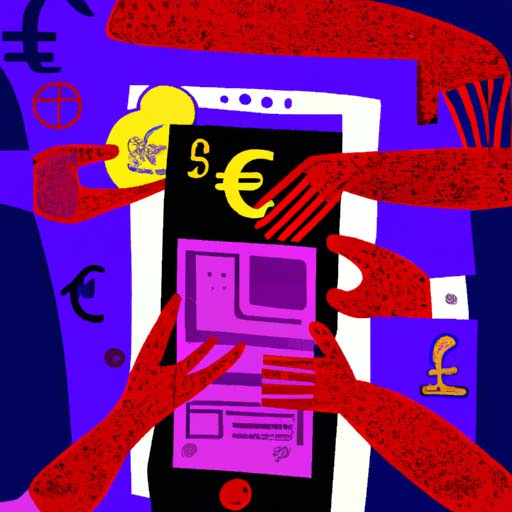TLDR:
- Article discusses the impact of social media on mental health.
- Studies show that excessive social media use can lead to feelings of loneliness and depression.
A recent article on MSN delves into the detrimental effects of social media on mental health. The article highlights several studies that have found a correlation between excessive social media use and negative emotions such as loneliness and depression. Research has shown that constantly scrolling through social media feeds can lead to feelings of inadequacy and low self-esteem, as individuals compare their own lives to the curated and filtered versions presented on social media platforms.
One study mentioned in the article found that individuals who spent more than two hours a day on social media were more likely to report feelings of loneliness. This highlights the potential isolating effects of excessive social media use, as individuals may prioritize online interactions over face-to-face relationships. Additionally, another study mentioned in the article found that young adults who frequently used social media were more likely to experience symptoms of depression.
The article also discusses the role of social media in perpetuating unrealistic beauty standards and fostering a culture of comparison. Platforms such as Instagram and Snapchat are often filled with carefully curated images that promote an idealized version of beauty, leading individuals to feel dissatisfied with their own appearances. This can contribute to body image issues and low self-esteem, further impacting mental health.
While social media can have negative effects on mental health, the article also acknowledges that it has its benefits, such as providing a platform for social connection, support, and information-sharing. However, it is important for individuals to be mindful of their social media usage and take steps to prioritize their mental well-being. This includes setting limits on screen time, unfollowing accounts that promote unrealistic standards, and seeking support from mental health professionals when needed.
In conclusion, the article emphasizes the need for individuals to be mindful of the potential impact of social media on mental health and to prioritize self-care in the digital age. By being aware of the negative effects of excessive social media use and taking proactive steps to protect their well-being, individuals can maintain a healthy relationship with social media while safeguarding their mental health.






